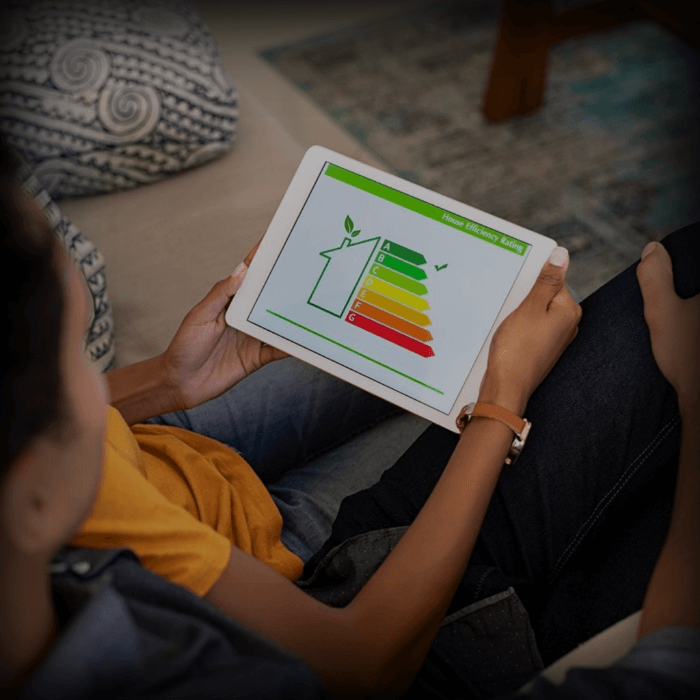MENUMENU

Featured Project
BKR Energy
Java
BKR Energy platform is an advanced hybrid system that allows you to maximize your energy savings, while contributing to a greener and more sustainable future.

BKR Energy platform is an advanced hybrid system that allows you to maximize your energy savings, while contributing to a greener and more sustainable future.
The world of app development is evolving at lightning speed, and staying ahead of the curve is essential for developers and businesses looking to capture users’ attention in an increasingly competitive market. As new technologies emerge and user needs change, the future of app development promises to be more innovative, efficient, and user-centric than ever […]
The world of app development is evolving at lightning speed, and staying ahead of the curve is essential for developers and businesses looking to capture users’ attention in an increasingly competitive market. As new technologies emerge and user needs change, the future of app development promises to be more innovative, efficient, and user-centric than ever before. So, what’s next for app development? Let’s dive into some key trends shaping the future.
The days of developing separate apps for iOS and Android are quickly becoming a thing of the past. Cross-platform development frameworks like Flutter, React Native, and Xamarin allow developers to write code once and deploy it across multiple platforms, dramatically reducing development time and costs. In the future, we can expect even more powerful cross-platform tools that deliver native-like performance while making the development process more streamlined. This will be a game-changer for businesses looking to reach a broader audience while maintaining high-quality app experiences.
Artificial Intelligence (AI) and Machine Learning (ML) are no longer just buzzwords — they’re becoming integral parts of the app development ecosystem. Developers are already incorporating AI-driven features such as personalized recommendations, smart chatbots, and predictive text. As AI and ML continue to advance, we can expect apps to become even more intelligent, offering hyper-personalized experiences that anticipate user needs and behaviors.
For instance, fitness apps may leverage AI to provide custom workout plans based on a user’s health data, or e-commerce apps could use machine learning to recommend products based on past purchases and browsing history. With the ability to process large sets of data in real-time, AI will transform how apps interact with users, creating more dynamic and engaging experiences.
5G technology promises to revolutionize mobile apps by delivering faster speeds, lower latency, and more reliable connections. This will pave the way for apps that require high-bandwidth usage, such as real-time gaming, augmented reality (AR), and live-streaming. With 5G, users will experience smoother, faster, and more immersive app experiences.
For example, 5G could enable real-time collaboration in virtual meeting apps, offer more immersive AR shopping experiences, or enhance mobile gaming with seamless multiplayer capabilities. The next wave of app development will harness the power of 5G to provide users with an unprecedented level of interactivity and connectivity.
Augmented Reality (AR) and Virtual Reality (VR) are no longer confined to the realm of gaming. These immersive technologies are quickly finding applications in fields like education, healthcare, retail, and even remote work. In the coming years, app developers will continue to explore ways to create AR/VR experiences that offer value to users beyond entertainment.
For example, AR-powered apps in retail could let users virtually try on clothes or visualize how furniture fits in their homes. Meanwhile, VR could transform remote work by offering virtual offices or collaborative spaces where users can meet and interact in 3D environments.
As privacy concerns continue to rise, app developers will need to place an even greater emphasis on security. New regulations like GDPR and CCPA have already forced companies to rethink how they handle user data, and this trend will only accelerate.
In the future, we can expect apps to incorporate more advanced security features, such as end-to-end encryption, biometric authentication, and secure multi-factor authentication (MFA). Users will demand more transparency around how their data is collected and used, and developers will need to meet these expectations to build trust and ensure app adoption.
The future of app development is incredibly exciting, with new technologies and trends paving the way for more powerful, personalized, and secure apps. Cross-platform frameworks, AI integration, 5G, AR/VR, and enhanced privacy features will define the next generation of mobile experiences. As these trends continue to evolve, developers will have more tools and opportunities to create innovative apps that meet the needs of an increasingly digital and connected world. The question is not “What’s next?” — it’s how quickly businesses can adapt and leverage these advancements to stay ahead of the competition.